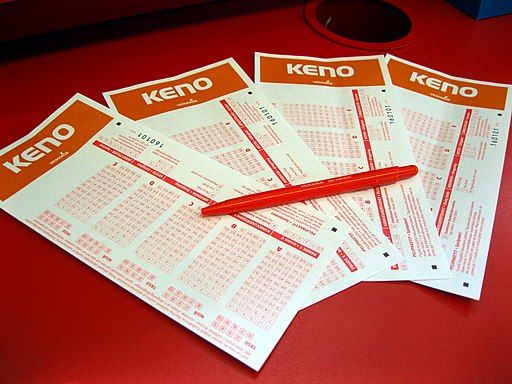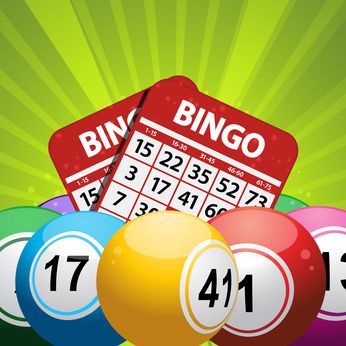
A look at China’s contribution to the gaming world
A look at China’s contribution to the gaming world
Anyone reading about China today will either learn about pandas or the economic power of the Asian nation. While the country’s gross domestic product has grown by an impressive 10 billion U.S. dollars in the past ten years, today’s topic will not be about. Rather, our look at China’s contributions to the gaming world often lead to what it looks like today. From Go to Keno, they still have a major influence today, so the focus is on other games than those in Europe, for example. An analysis.
Long history of games in China
Veikkaus_Keno | Image: Santeri Viinamäki [CC BY-SA 4.0]While the world economy has only been paying attention to China for a few decades, the country’s games have been a huge success for well over a thousand years. One example is Go, which translates as “encirclement game” and originated in China. It is a board game for two players, where strategy is the most important factor. In the Asian region according to ZEIT, it quickly gained a great deal of attention. Japan and Korea in particular made Go more popular, although no one can say exactly when the game originated. First alleged records prove a comparable game form in the 4. Century v. Chr. A long time later, from the 20th century. After the twentieth century, Go also gained its current popularity in other parts of the world that do not belong to East Asia. The board game was especially popular in Germany, where it had the highest number of players in Western Europe, according to figures published by Mind Sports Online in 2000. According to the British Go Association, the number of worldwide players continued to grow, reaching over 60 million in 2013. Of this large number, most players still had an Asian nationality.
Another extremely popular game, originating from China, is Keno. The Lotto-like concept attracts in a quite natural way also many prospective customers, who can start otherwise little with East Asian plays. Accordingly, to play Keno at online casinos like Betway, to get an idea. While the word “Keno” itself has Latin or French roots, legends say the game saved an ancient city during wartime and helped build the Great Wall of China with its notoriety. China’s lottery history, meanwhile, first began in 1847, when Macau’s lottery operators were granted an official license by the Portuguese government. What the soccer results of the current Bundesliga match day are today, the Keno results were back then. By carrier pigeon these were sent from the large metropolises to the surrounding cities. Meanwhile, keno did not reach Europe until much later, when Chinese immigrants took the game across the Pacific, before they were introduced to the world in the 19th century. China built the first transcontinental railroad in the nineteenth century. By 1866, the game had become so popular that it was played regularly in the United States. At Texan Houston it was already consistently called Keno.
Chinese influence in modern times

Game Controller | Photo: Tookapic, pexels.com, CC0 License
In addition to its history, much of the modern gaming world is also based in China. This differs noticeably from Western attitudes and preferences. In addition to the games mentioned above, Mahjong and Baccarat, popular in Europe, are particularly popular in China. Baccarat is also a traditional casino game nowadays, in which it depends more or less on luck, as is the case with lottery draws as well. Otherwise, the focus in China is not particularly surprisingly on video games, which have gained massive popularity in recent years thanks to the emergence of eSports. Various big titles were developed in the People’s Republic. They include, for example, Batman: Vengeance, BioShock, Clash of Kings, various Final Fantasy versions or the video game of the popular multiplayer classic Uno.
Since eSports was included as a demonstration sport at the Asian Games (comparable to the Olympic Games, but exclusively with participants from the Asian continent), the prize money increased Awareness and reach especially in China as well clearly. In recent months in particular, the industry in China has been able to celebrate one success after another. Thus, on 8. July around 20.000 spectators at the Dalian Sports Center Stadium an event called League of Legends Rift Rivals, where the world’s most popular eSports game was used in a regional event. On the same day visited 18.000 fans the Mercedes-Benz Arena in Shanghai the Spring Season Final of the King Pro League 2018. Excitingly, this is a mobile game called King of Glory which, despite the obvious limitations of the smartphone compared to PC gaming, is nevertheless gaining great popularity with the public. It certainly didn’t hurt that a Chinese LoL team was able to win the world championship title in Paris a short time later. It shows the huge potential that China has, not only when it comes to eSports. In fact, the nation has always been an attractive target for games and their developers, as the history underlines. It can be assumed that this will not change in the coming centuries either.


